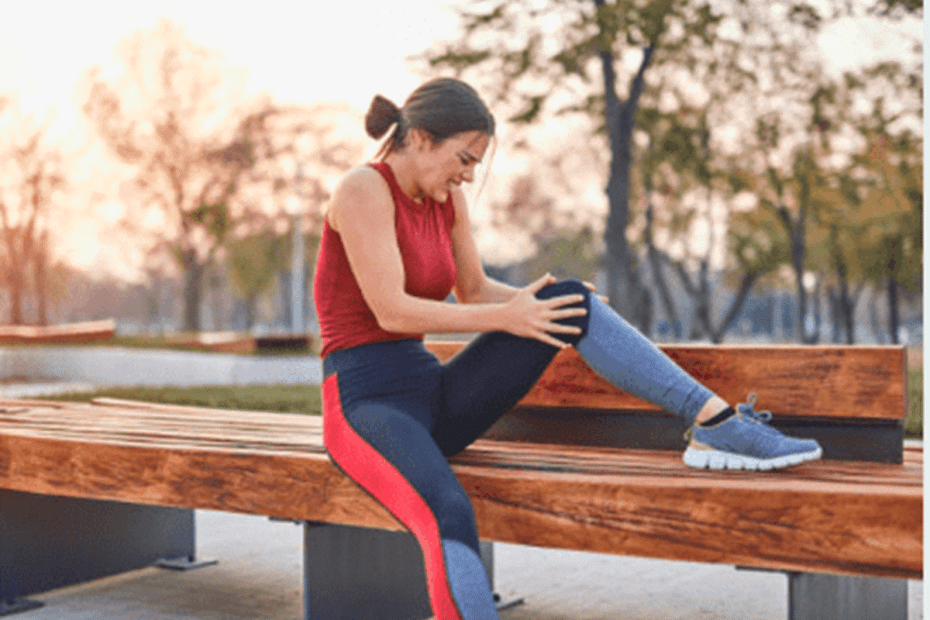As the school year begins again and many student athletes return to competition, I thought we could discuss a common question that I hear in my office. What is that click in my knee? I hear this question from athletes and non-athletes alike. Many of us hear our knees click, crack or sound like ‘Rice Krispies’ when we flex and extend our knee. This is typically no problem at all, and if it is not painful, we don’t worry about it. Some causes of clicking should be addressed, however. So, let’s review some of the causes of knee clicking and what are the signs and symptoms you should be aware of that might prompt evaluation in the doctor’s office.
Cavitation is the phenomenon of joints popping due to tiny nitrogen bubbles within the joint. As you bend and extend the knee these bubbles can burst. It is not harmful to the joint and does not require any treatment unless there is associated pain and swelling.
Meniscus tears. The menisci are the C shaped cartilage pads that are the shock absorbers of the knee. Tears can cause clicking, catching, locking, or giving way. Pain is usually on the joint lines, meaning between the bones where the knee bends. Swelling may be present but not always.
Cartilage tear or ‘flap’. The cartilage that coats the end of the bones is called the articular cartilage. Picture peeling an orange, the orange peel is the articular cartilage that coats the bone. If this becomes damaged it can ‘peel’, lead to a flap of cartilage tissue that can cause pain, recurrent swelling, clicking, and catching.
Osteoarthritis. More advanced wearing of the articular cartilage leads to osteoarthritis. Often referred to as ‘wear and tear’ arthritis, the worn cartilage surfaces can lead to grinding, catching, and clicking.
Plica, synovial tissue, fat pad. Soft tissues within the knee can also cause clicking. These causes are typically harmless and do not usually cause pain. A plica is a band of tissue in the knee that can rub over the bones and cause clicking. The synovial tissue is the joint lining, when this becomes thickened and inflamed it can cause swelling, clicking, or that ‘Rice Krispies’ sound I alluded to earlier. The fat pad is a normal structure in the knee that is deep to the patella tendon. Similar to the joint lining tissue, if the fat pad gets thickened and inflamed it can cause discomfort and sounds.
Tendons. Tendons connect muscle to bone. In the knee, the IT band crosses the outside (lateral) side of the knee and attaches on the front of the tibia. It can cause clicking as it moves over a bony bump on the lateral side of the femur.
When should you go to see your physician?
If the clicking causes pain, or you notice persistent swelling, it is time to see a physician. Any trauma to the knee that leads to swelling, clicking, catching, or instability, should also be evaluated. Even if you don’t have pain but are looking for reassurance that everything is ok, call to make an appointment.
You might need an X-ray, MRI, visual appointment with the physician, physical therapy, heat, ice… or you might need to lighten up on running, biking, hiking, sports or other strenuous exercises until the clicking reduces.
Schedule Your Appointment with Beach Cities Orthopedics and Sports Medicine
Don’t ignore painful clicking. It could get worse. Take care of your joints, they keep you mobile and keep your quality of life going. Call Beach Cities Orthopedics and Sports Medicine at 818-863-4446 and schedule your appointment today!
